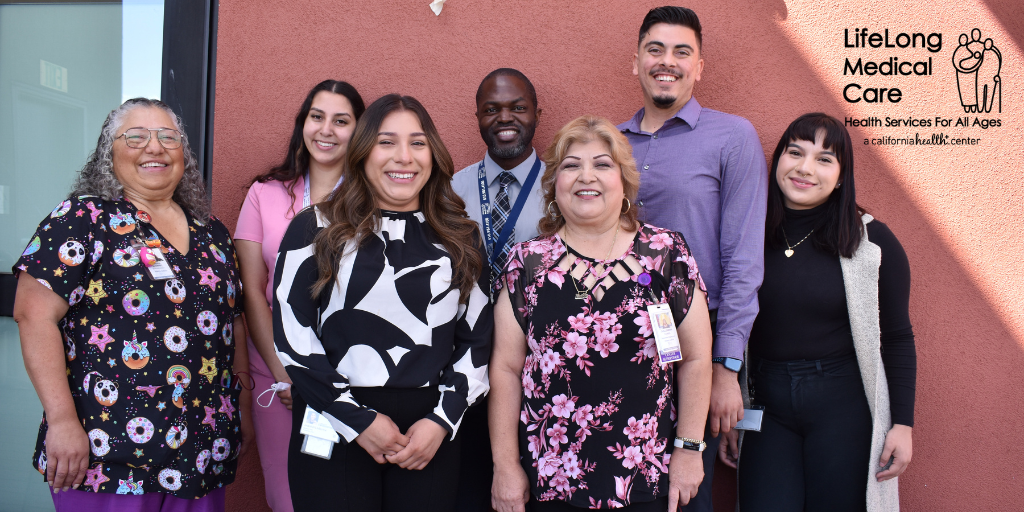LifeLong incorporates trauma-informed care into everyday pediatric primary care.
Blog Contribution: LifeLong Medical Care

Dr. Omoniyi Omotoso’s team at LifeLong’s William Jenkins Health Center has learned a lot – about the patients and themselves — since they began six years ago to incorporate trauma-informed care into everyday pediatric primary care.
studies have shown that these adverse childhood experiences and toxic stress in early childhood impact the kids’ development – Dr. Omotoso
Trauma-informed care takes into account stresses on patients due to adverse childhood experiences, or ACEs, and other toxic stressors. Since 2022 LifeLong’s pediatricians have been screening their child patients for ACEs, which can range from child abuse and neglect, parental incarceration, substance abuse in the family, and other traumas. Toxic stress from ACEs can have lasting negative effects.
“Good studies have shown that these adverse childhood experiences and toxic stress in early childhood impact the kids’ development, their performance in school, their long-term health outcomes” says Dr. Omotoso, who is LifeLong’s Associate Medical Director for Pediatrics.
“They can have a 10- or 20-fold increased risk of heart disease, stroke, diabetes, and mental health issues. The whole idea of this is to help protect the family to reduce the exposure to trauma but also to help them develop more resiliency so that they can actually cope with whatever trauma they experience.”
Trauma-informed care can be considered a significant element of “whole-person care” because it explores how life experiences affect a child’s physical and mental health – and offers interventions and resources.
At LifeLong, clinicians as well as support staff have gone through trauma-informed care training. LifeLong is part of the Resilient Beginnings Network, a learning program dedicated to addressing adversity in pediatric safety-net care settings.
“Training was conducted across the LifeLong pediatric sites to bring the language of trauma informed care and resiliency to health professionals, and also to dive into how that influences the ways we interact with each other in the clinic,” Dr. Omotoso says.
Along the way, the team discovered they too had experienced some of the traumas listed in the screening tool for ACEs and took a step back to dedicate time to become more resilient in their work.
In Dr. Omotoso’s view, trauma-informed care can range from the smaller things such as whether the signage at the health centers is welcoming and if there are interpretation services to a current pilot study with University of California San Francisco (UCSF) that’s examining how trauma is affecting children on a genetic level.
For the last 18 months, the team at Jenkins has been screening children ages 2 to 4 for ACEs and following up with offers of resources for such necessities as housing, food, childcare, employment, and legal assistance. In addition, interested families can then receive coaching sessions through UCSF’s child psychology program.
So far, the project has received small amounts of grant money, and he hopes to imbed this mode of care throughout LifeLong in a sustainable way.
“Instead of dealing with diabetes and obesity, depression and suicidal ideation, all those hospitalizations and all that money is saved if we can invest in helping families raise their kids in a safe environment that is nurturing,” Dr. Omotoso says. “That’s the bottom line. This is what primary care is about.”
Lear more about LifeLong Medical Care HERE.